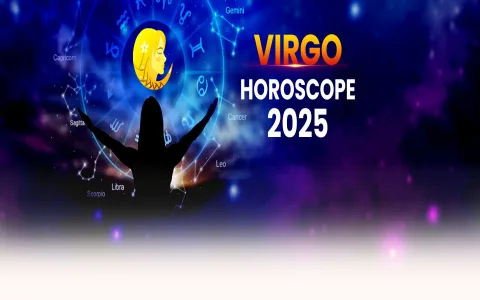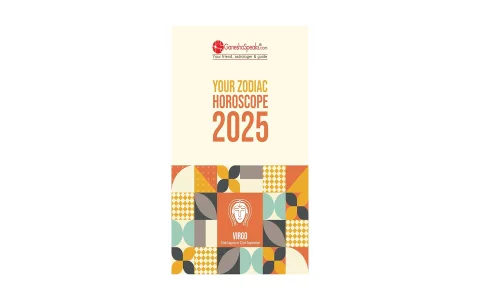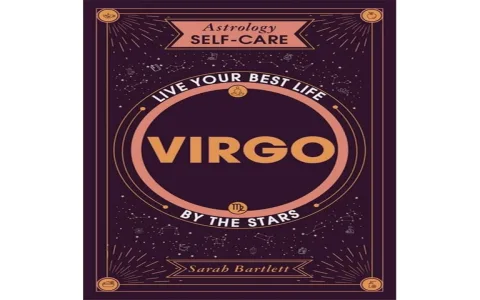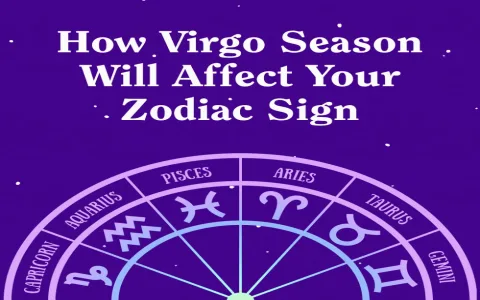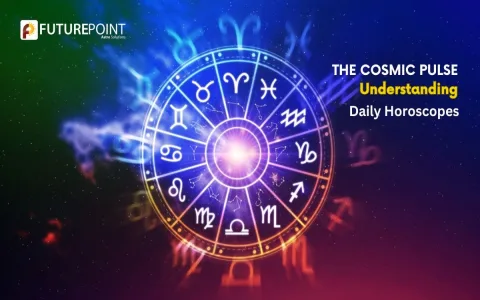The Day I Decided to Test Cosmic Bullstuff
You know how it is. You’re scrolling through the morning newsfeed, right? Trying to catch up on the stuff that actually matters, and there it is, slapped right in the middle: the damn horoscope section. I’m a Virgo. I see Russell Grant’s name pop up all the time. Normally, I just scroll right past it, thinking, “What a load of rubbish.”
But about a month ago, something bugged the hell out of me. I had just finished this huge project at work—the kind that drains you completely—and then the client decided to change the entire scope the day after I delivered. I felt utterly blindsided. I remember sitting there at 2 AM, staring at the ceiling, thinking, “Is there anything predictable in this chaotic life?”
That frustration, that need for some kind of pattern or order, is exactly why I decided to pull this crazy stunt. I figured, if Grant’s free daily Virgo reading is accurate even 50% of the time, that’s better than the random chaos I’d been experiencing. I had to know. I decided to treat this like a proper field test, a thirty-day commitment to see if the stars actually had my back, or if it was just clever writing designed to sell clicks.
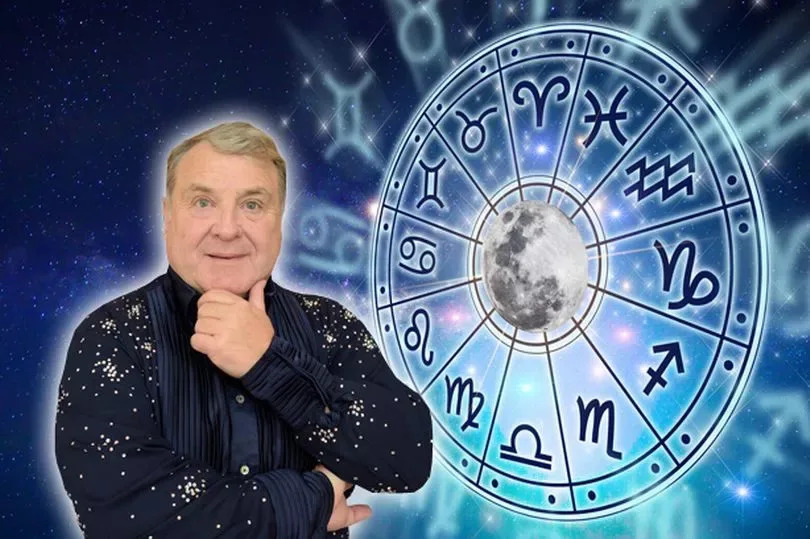
Setting Up the Tracking Protocol: The Nitty-Gritty
I couldn’t just read the horoscope and then vaguely remember if it felt right later. That’s how confirmation bias sneaks in. I needed hard data. So I grabbed a fresh notebook—an old, slightly coffee-stained Moleskine I had lying around—and divided each page into four sections for thirty days:
- Date & Reading: Exactly what the Russell Grant prediction said.
- Keywords: The core theme (e.g., “Financial gain,” “Unexpected meeting,” “Emotional challenge”).
- Actual Events: A bulleted list of everything significant that happened that day.
- Match Score: A simple Y/N/M (Yes, No, Maybe/Partial Match).
I started this experiment right at the beginning of the last month, the first thing I did after brewing my coffee. I made a rule: I had to read the horoscope before checking emails or setting the day’s tasks. That way, I couldn’t unconsciously structure my day around the prediction. I had to live naturally and then see if the prediction retroactively fit.
The first week was brutal. Grant kept promising “a beneficial chat with a close colleague” or “a financial windfall.” My close colleague just complained about the coffee machine, and the only financial windfall was finding three crumpled dollars in an old pair of jeans. I scored maybe two solid “Yes” matches out of seven days. I was already ready to give up.
The Mid-Game Turnaround (Or Just Random Noise?)
The middle two weeks were where things got interesting, or maybe just confusing. On Day 14, the reading stated I needed to be “extra cautious about trusting advice regarding major purchases.” Literally that afternoon, my wife and I were viewing a used car—a purchase we’d been debating for months. The seller was super pushy, and something felt off. We walked away. The next day, we saw online that the car had a major undisclosed repair history. BOOM. That was a definitive Yes.
But then, two days later, the horoscope predicted “a major creative surge that unlocks a previous professional roadblock.” I spent eight hours banging my head against the wall on a presentation, produced nothing useful, and ended up just deleting the whole draft. That was a clear “No.”
What I found during this stretch was that the predictions were often so vague they were designed to hit something. If the reading said, “Expect intensity in a relationship,” and I argued with the supermarket cashier about the price of avocados, was that a match? I often had to score things as “Maybe/Partial.”
The Final Tally and What I Learned
I stuck it out for the full thirty days, meticulously logging every event, every vague pronouncement from the cosmos. The final review was eye-opening, not because the predictions were magical, but because of how the human brain works when seeking patterns.
I sat down with the Moleskine and calculated the final breakdown:
- Definite Matches (Y): 7 days
- Clear Misses (N): 12 days
- Partial/Vague Matches (M): 11 days
So, only 7 days out of 30, or 23%, were undeniably accurate predictions that I could point to and say, “Wow, the stars nailed that.” The “Partial Matches” were the vast majority of the vague relationship or emotional predictions—stuff that happens every single day anyway.
My biggest takeaway, the real result of this weird field study, isn’t about Russell Grant or Virgos. It’s about me. On the days I had a “good” prediction—like the one about unexpected communication—I was far more likely to check my phone constantly and be overly receptive to casual texts, almost willing the prediction to come true. On the day I had a “bad” prediction, I was tense and careful, which ironically sometimes made me avoid small mistakes.
In short: Did Russell Grant’s free daily Virgo horoscope truly predict my life? Absolutely not. It was a 77% failure rate. But did the act of reading the prediction influence how I navigated my day, making me either more vigilant or more open to possibility? Yes, it did. The power isn’t in the prediction; it’s in the expectation it creates. Maybe that’s the real “daily luck” he’s talking about—it’s the slight shift in your attitude, not the cosmic alignment.
Now, if you’ll excuse me, I’m going back to focusing on actual measurable outcomes, but I did find a new purpose for that old Moleskine.



